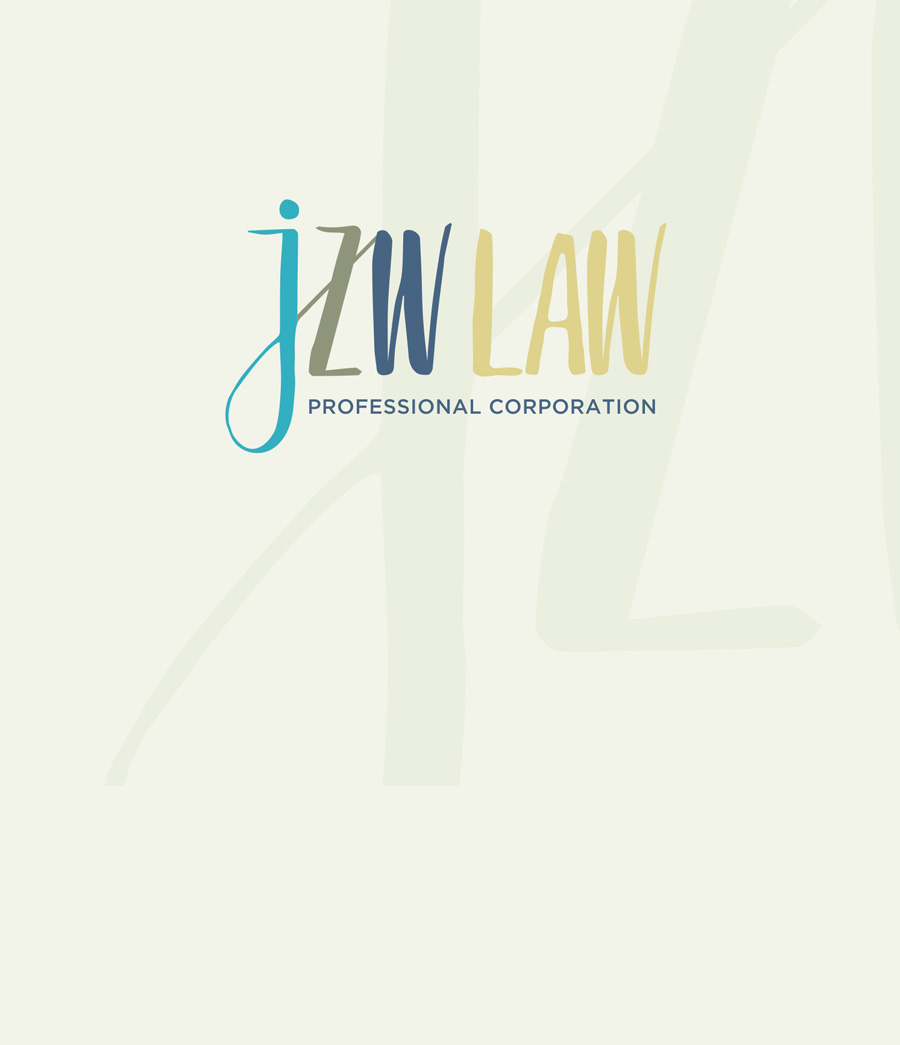
International students’ notarization documents rejected? These four common mistakes must be avoided!
In the process of studying or immigrating to Canada, notarized documents are important documents for applying for schools, applying for visas, opening overseas accounts, etc. However, it is not uncommon for notarization to be rejected because the materials do not meet the requirements of Canadian law or the standards of the target institution. This article combines the practice of notarization in Ontario to analyze the four most common reasons for visa rejection and a guide to avoid pitfalls, to help international students improve the pass rate of their documents.
I. Document format does not meet legal requirements
Canadian notarial agencies have strict regulations on the form of documents. The following situations are likely to lead to visa rejection:
- Failure to submit originals or clear copies: Documents such as academic certificates and birth certificates must provide official originals. If only scanned copies or blurred copies are submitted, the notary cannot verify the authenticity. For example, a foreign student submitted a university transcript that was a printout taken with a mobile phone, and it was rejected because the official seal could not be identified.
- Multi-page documents are not bound or saddled: Documents with more than one page (such as contracts and application forms) must be bound and stamped with the official seal of the issuing organization or the notary public at the saddle. If not, the document may be deemed incomplete.
- Unclear signature or seal: If the school enrollment certificate only has a printed name but no handwritten signature of the person in charge, or the notary office seal is blurred and the number cannot be identified, it will be considered an invalid document.
Compliance advice: Before submission, check whether the document has an official watermark, steel stamp or electronic anti-counterfeiting mark. Use staples to secure multi-page documents and indicate “Total X pages” on the seam.
II. The translation does not meet the certification standards
Chinese documents must be translated into English and French, but not just any translation can be certified:
- Not using the official format: The immigration bureau and schools usually require the translation to include the translator’s statement (such as “I confirm that this translation is accurate”), the translator’s qualifications (such as the Canadian Translators Association certification TAI) and contact information. If any of these elements are missing, the application may be rejected.
- Errors in translation of professional terms: “Fresh graduate” is translated as “Fresh graduate” instead of “Current graduate”, “transcript” is translated as “Grade list” instead of the standard “Academic Transcript”, such errors will be considered as unprofessional translation.
- The translation is inconsistent with the original: An international student omitted the translation of “native place” in his birth certificate, which resulted in inconsistency between the notarized document and the immigration application form, and he was eventually required to re-apply.
Solution: Choose a licensed translator or law firm to provide translation services. The translated document must be marked “consistent with the original” and stamped with a special translation stamp.
III. Failure to comply with the timeliness requirements of the notarization procedure
The signing time and validity period of the notarized document are the key points of the review:
- The document is signed before the notarization application date: If the application form needs to be signed in front of a notary public, if it is signed in advance without indicating “signed in the presence of a notary public”, it will be considered a procedural defect. An Ontario court once ruled that a student’s power of attorney was invalid because the signing time of the power of attorney was 3 days before the notarization date.
- Expiration of the document validity period: Documents such as a certificate of no criminal record and a medical examination report are usually valid for 6 months. If the notarization application date is beyond the period from the document issuance date, the notarization will be returned by the target institution even if it is completed.
- Urgent documents not processed with expedited processing: If you do not indicate “urgent use” when applying for notarized transcripts for supplementary school applications, you may miss the application deadline due to the regular processing period (3-5 working days).
Time management points: Submit the application within the validity period indicated in the material list, inform the notary in advance of urgent documents and pay the expedited fee (usually shortened to 1 working day).
IV. The use scenarios of notarized documents are not clear
Notarized documents for different purposes must meet specific requirements. Mixing up the types can easily lead to visa rejection:
- Confusing the functions of “notarization” and “affidavit”: When applying for a school, you need to prove that “the amount of financial support provided by parents is true”. You should submit an affidavit containing the specific amount of financial support and bank statements, rather than just notarizing the financial support certificate. The latter only proves that the form of the document is legal and does not involve a statement of facts.
- Cross-border use without additional certification: For notarization of academic qualifications for studying in the United States, if the state where the target school is located is a member of the Hague Convention, an additional Apostille certification is required; for studying in China, consular certification by the Chinese Consulate in Canada is required after notarization (double certification), neither of which can be missing.
- Failure to indicate the country of use of the document: If the “Purpose” column of the notarization application form only fills in “study abroad” without specifying the specific country (such as “US F1 visa application”), the notary public may process it according to the general format, resulting in failure to meet the special requirements of the target country (such as Japan requires notarized documents to be accompanied by a Japanese translation).
Accurate application steps: When applying, proactively inform the notary of the country and institution where the document will be used, such as “notarization of proof of funds for a UK T4 student visa”, so that the other party can adjust the format and attach additional documents.
V. Remedial measures after the materials are rejected
- Obtain the reasons for visa rejection in a timely manner: Request a written visa rejection notice from the notary office or the target institution, clarifying the specific issues (such as “the translation document lacks the translator number”)
- Prioritize correction rather than re-apply: If it is a translation error, you can contact the original translator to issue a correction statement and notarize it to avoid wasting time on redoing the whole thing
- Seek professional legal assistance: For complex visa rejection cases (such as those involving multi-country certification), you can entrust a lawyer who is familiar with the notarization process for international students to explain the validity of the supplementary documents through a legal opinion
Concluding remarks
The core reason why notarized documents of international students are rejected is that they are not familiar with Canadian notarization procedures, translation standards and requirements of the target country. It is recommended to confirm the list of materials through official channels (such as the official website of the Canadian Immigration Bureau, the admissions office of the target school) during the preparation stage, or to entrust a lawyer with legal experience in studying abroad to conduct a preliminary review of the documents. Avoid non-substantive issues such as formal flaws and translation errors that affect the study abroad process, and ensure that the notarized documents have full legal effect when used abroad.
JZW Law has an experienced team of notary lawyers. They are fluent in both Chinese and English and provide professional legal services. We specialize in handling complex property division, corporate equity, trusts, overseas assets and other related issues.c, and you are welcome to contact us for more information or to make an appointment for consultation.
最新文章
标签





